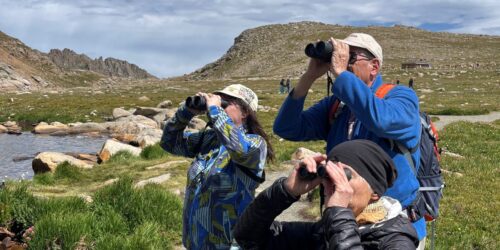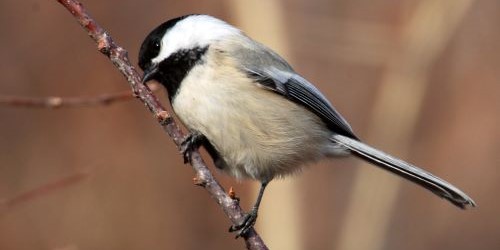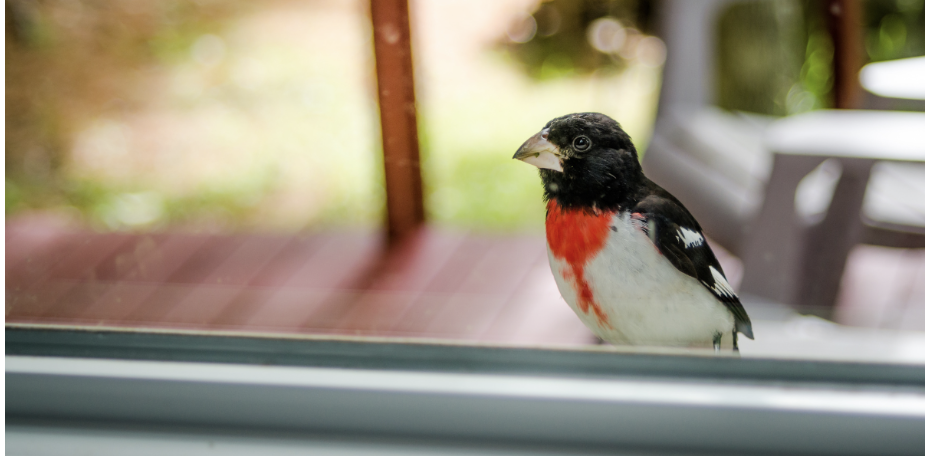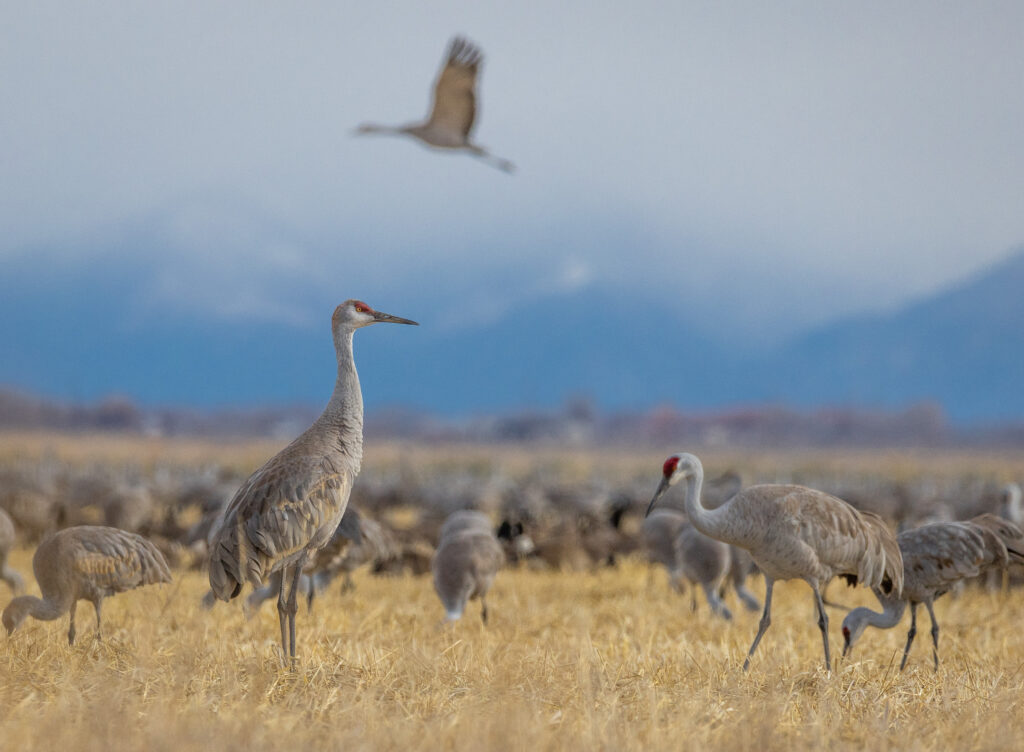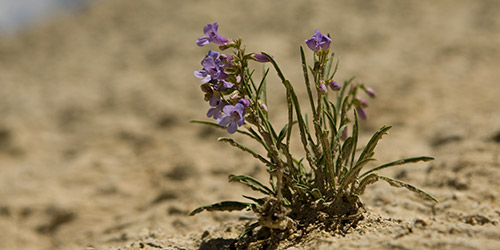COMMUNITY SCIENCE
Conservation in Colorado 'Drink and Learn'
What is Colorado doing to advance conservation efforts in the state? And what can WE do as individuals? An incredible series of speakers will share the current state of different environmental efforts in Colorado as well as concrete and impactful actions we can all take to better care for this beautiful state and its wildlife.
Upcoming Sessions (click to register):
Monday, February 10: The Power of Composting
Concerned about climate change? Want to do something that benefits the planet and our local ecosystems? Come learn about the easiest and most impactful climate solution at our fingertips! Join community members and Compost Colorado for an interactive session on the power of composting, and the do’s and don’ts of this essential practice. Indulge in a cozy winter brew at Max Taps Co. while expert facilitators from Compost Colorado share how a simple shift in our choices at the trash bin can have resounding benefits for our communities and the planet.
- Location: Max Taps Co. Brewery in Highlands Ranch
- Time: 6 PM – 7 PM
Monday, March 10: The Truth about Recycling
Do you feel worried about the state of single-use plastics? Do you wonder what the real solution is? Join Denver Audubon and Eco-Cycle, Colorado’s original Zero Waste nonprofit, to learn about the truth about plastic recycling and what’s happening in Colorado. Indulge in a cozy winter brew at Max Taps Co. while expert facilitators Eco-cycle share how we can be part of the solution!
- Location: Max Taps Co. Brewery in Highlands Ranch
- Time: 6 PM – 7 PM
GREAT BACKYARD BIRD COUNT
From February 14-17, The Great Backyard Bird Count (GBBC) will take place across the world. The GBBC is a community science project where anyone can participate by counting the birds they see in their backyard (or a nearby park) and reporting the data online. Whether you’re a seasoned birdwatcher or a beginner, your observations are valuable for conservation!
How to participate:
- Watch birds for 15 minutes or more, at least once over the four days, February 14–17, 2025. Identify all the birds you see or hear within your planned time/location.
- Use the best tool for sharing your bird sightings:
- If you are a beginning bird admirer and new to bird identification, try using the Merlin Bird ID app to tell us what birds you are seeing or hearing.
- If you have participated in the count before and want to record numbers of birds, try the eBird Mobile app or enter your bird list on the eBird website (desktop/laptop).
- If you already use Merlin or eBird, all entries over the 4 days count towards GBBC. Keep doing what you are doing!
If you’d like to participate in the GBBC with a group, we would love to have you join one of our field trips around the Denver area! Register by clicking the links below.
- Saturday, Feb 15: Family-friendly Bird and Nature Walk at the Audubon Nature Center (10AM – 12PM)
- Sunday, Feb 16: Bird Walk at Washington Park (9AM – 11AM)
Have a group of 10 or more? Schedule a FREE one-hour presentation at your site to teach your group how to identify birds and use apps to participate in the Great Backyard Bird Count.
Conservation
Our conservation support will help you act on behalf of birds, other wildlife, and the natural world.
Human activity is the biggest threat to our environment, but we often feel helpless because our individual actions seem minuscule compared to such immense issues. However, millions of people taking small steps that suit their lives will benefit generations to come. Start with what you can—but start.
RECENT CONSERVATION BLOG POSTS
STRATEGY

Our vision is to transform Denver into the most bird-friendly city in the US. To achieve this, our Conservation, Stewardship, and Restoration Plan focuses on improving urban and developed habitats in the Denver metro area. Our goals are twofold. Firstly, to increase stewardship actions in the community, creating bird friendly projects and properties; and secondly, to generate change in groups, organizations, institutions, and agencies by influencing the implementation of bird friendly practices, policies, and ordinances.
If you need help with a conservation issue or are interested in helping birds in your neighborhood, please email Nicole Bopp, executive director.
CONSERVATION COMMITTEE

Our biggest environmental influence is through our conservation committee, which supports Denver-area residents and advocacy groups with advice and guidance, including writing letters, commenting on legislation, and testifying at hearings. We discuss current issues at bimonthly committee meetings that are open to the public.
If you want to join our committee or attend a meeting, please email the chair, Polly Reetz.
COLORADO BLUEBIRD PROJECT

The Colorado Bluebird Project operates under the guidance of Denver Audubon throughout Denver and across the state. This volunteer-run project aims to improve the vitality of bluebird populations and to inform and educate Coloradans about bluebirds. From April through August, volunteers of all ages are needed to help monitor the nest boxes.
INITIATIVES
Though not an exhaustive list of threats, below are a few of our recent conservation initiatives.
KEEPING CATS INDOORS IS BETTER FOR CATS AND BIRDS
Outdoor cats and feral cat communities kill 2.4 billion birds in the US every year. Keep your cats indoors to help bird populations flourish, and to help your cats live healthier and longer lives.
USING NON-LEAD AMMUNITION PROTECTS RAPTORS
Lead in bullets leaches into animal tissue that raptors scavenge and eat. This lead poisons bald eagles and other raptors. Hunters can protect non-game wildlife by using non-lead ammunition.
GROWING NATIVE PLANTS RESTORES LOST BIRD HABITAT
Habitat loss through human development is an enormous threat to birds. Using native plants in your landscaping provides habitat and attracts beautiful birds to your yard.
APPLYING WINDOW TREATMENTS PREVENTS STRIKES
Birds can’t see windows. When they smack into windows, it can kill or seriously injure them. Use bird-friendly window treatments to help birds fly around windows—not into them.

